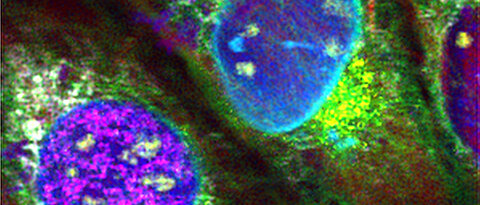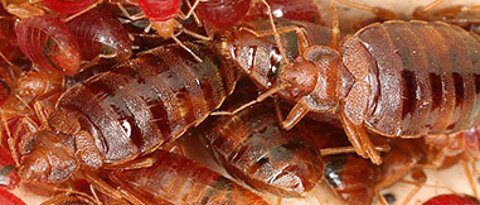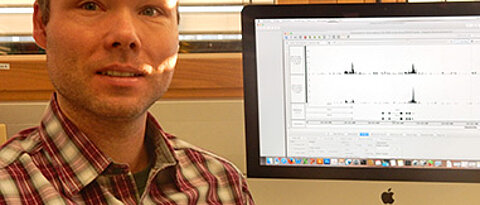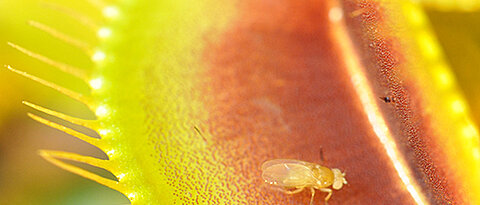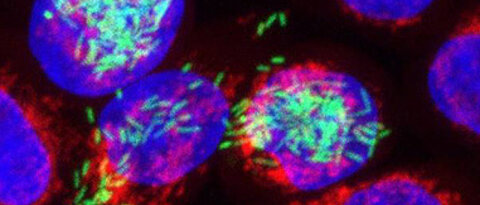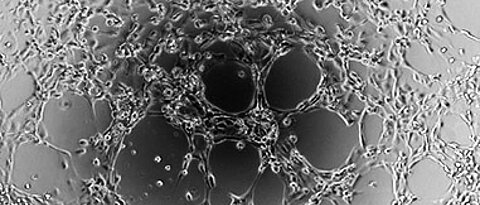Award for tapeworm researcher
02/25/2016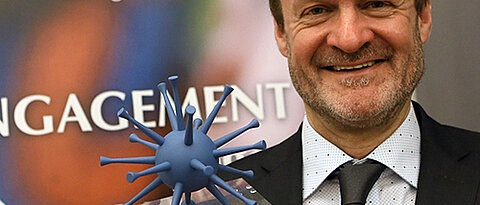
Tapeworm expert, Professor Klaus Brehm and his team from the University of Würzburg, have won the EUR 5,000 Memento Research Award in honour of their fight against neglected diseases.
more

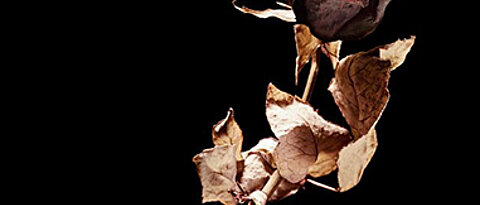

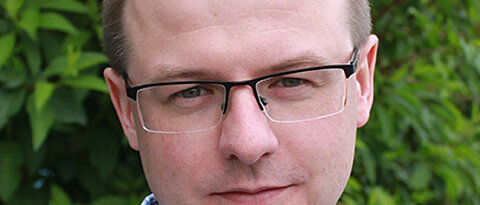
![[Translate to Englisch:] Von links oben im Uhrzeigersinn: Christian Schneider, Viktoria Däschlein-Geßner, Grzegorz Sumara, Barbara Händel (Foto: Uni Würzburg). Christian Schneider, Viktoria Däschlein-Geßner, Grzegorz Sumara, Barbara Händel](/fileadmin/_processed_/c/0/csm_erc-starters-2015_9db0971fc6.jpg)
